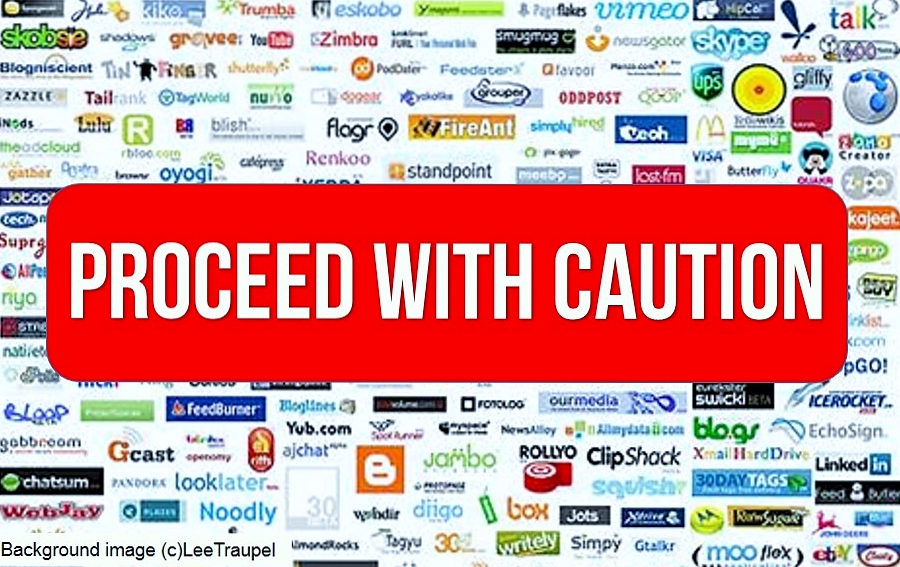High school sports are serious business, especially for those hoping to play (and get scholarship money) in college. While making sure you’re on your game at all times, it’s also important to make sure your online profile is top notch.
Athletes, and really all high school students, are educated on the importance of your social media profile – it can be very telling, and more and more colleges and athletic departments are looking at social media profiles before making decisions.
My daughter played for her high school’s softball team. They had an outstanding season, only to end the regular season with a really tough loss – honestly, they were robbed of the win by a bad call if you ask me. At any rate, I recall the coach specifically telling the girls, who post game were frustrated and upset with the outcome, to not take it online. They were reminded that they represented the school, even online, and to behave accordingly.
Needless to say, teenage girls are emotions. A lot of them. Two of my daughter’s teammates took to Twitter later that night to express their feelings about the game, the other team, and the umpire.
Imagine their surprise the next day at practice when the coach brought this up, complete with printouts of the girls’ tweets.
How can we help these students understand the reality of social media’s importance in depicting who they are as they get older and are trying to get scholarships, or into their dream college or job?
Kevin DeShazo, creator of Fieldhouse Media, founded a program to do just that – educate high school athletes about the importance of their social presence. In a recent article, high school coach Anthony Palladino shared this example of how social media can make or break a high school athlete’s college career:
“I remember one year we were recruiting two linebackers. Both were very talented, but we didn’t have room for the two of them. We checked out their social media. One was thanking people for going to the games, very polite. The other was very critical of coaches, teammates. That made the difference.”
Mr. DeShazo’s program seeks to educate athletes on how to engage on social media responsibly and in a positive way. As this becomes more prevalent, educators have also taken on this task.
As a parent and someone in the social media industry, my children are forever hearing from me about social media responsibility. While a parent’s words can fall on deaf ears sometimes, it’s important to be part of the education process. As a parent, what can you do?
- Find out what your child’s school is doing to educate students on social media responsibility and best practices. Continue the conversation at home to reinforce it.
- Take a look at your child’s social media accounts. Run a Google search for their name, or, better yet, get a social media background check. This gives you a good starting point for discussion – show your child how to make their sites more private and “clean up” any content as needed.
- Have your child look at their social sites from an outsider’s viewpoint – if they were reading these posts from a stranger, what would they think of that person? It might give them pause if there’s anything concerning in their posts.
I’m impressed with Fieldhouse Media and their approach to educating student athletes. This is the type of mentoring and education that needs to be happening across the board. Even adults can learn a thing or two from social media education.
